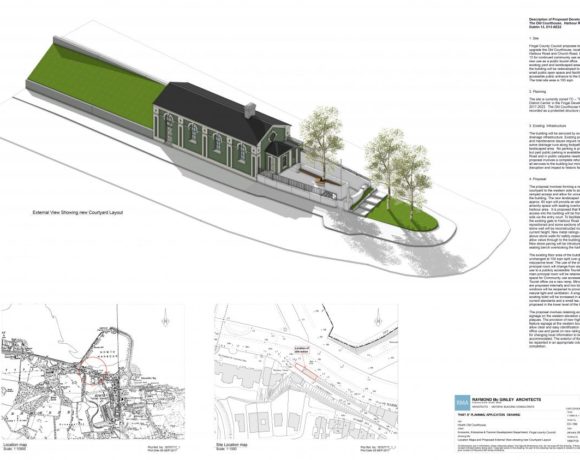Often times, a day at work can feel like eight hours of your life lost. You get there in the morning, you work for a whole day, and leave in the evening. Some days, you just can’t shake the feeling that you haven’t accomplished anything at all, even if you were busy the whole time.
A reason for that may be a wrong approach to your work, your time management or simply the missing knowledge of how to be as productive as possible at work.
By Catherina Arndt
Set few daily goals
Do you really need all those tasks on your to-do list? Focus on accomplishing the essentials; don’t write a long list of things to get done before noon. Set about 3 definite goals for the day. It doesn’t mean you may not get more work done, but it takes the pressure off to fit as much as possible into your day. Split your bigger projects into smaller tasks, instead of making it your goal to complete them as a whole.
Focus on one task at a time
Before you start your work, organize your desk, turn off your phone, and close your door. Ban everything that could distract you from your workspace. Even short interruptions can change your work pattern and be cause to a significant drop in productivity. While people tend to think that multitasking is an important skill to work efficiently, in fact the opposite is true. Researchers have found that working on several tasks at once can result in lost time and productivity.
Track and limit your time
Take a couple minutes every night to form a plan for the following day. You will have a clear plan in mind of how much time you want to spend on what and thinking a few hours or days ahead can make you less stressed.
Reduce time spent browsing social media or checking your phone, since that can be one of the biggest drains on productivity. To better estimate how you have been using your time, try using different desktop apps that show you exactly how much time you spend on what. When you know how you utilize your time you can actively change your habits.
Also, instead of just sitting down to work on a project until it’s done, try to work on it for a set amount of time. The constraint will push you to focus on the task ahead and to be more efficient.
Take more breaks
When you take no breaks between projects, it’s difficult to stay focused and motivated. Allowing yourself a break now and then can be like a breath of fresh air for your brain. Taking short breaks during long tasks helps you to maintain a constant level of productivity. If you have a hard time focusing in general, break down your task into shorter intervals. Set a timer and work steadily, then take a short break to reward yourself with something that won’t distract you. Stretch, open a window, close your eyes for a moment or use the restroom.
Researchers have found elite performers who work in intervals of about 90 minutes are more productive than those who work longer.
Stop being a perfectionist
Rather than wasting time revising every little detail, do your tasks to the best of your ability and move on to the next one. It’s better to reach a goal and cross it off your list, than to ponder over the smallest things. If necessary, you can always come back later and adjust your work or correct mistakes. There is always time to improve later.
Do your most challenging work first
If you feel overwhelmed by your workload and don’t know where to start, the simplest solution is to organize and then prioritize. Start off with your most challenging work in the morning, when you’re still fresh and rested. It’s a huge productivity killer to start your day by checking your schedule, email and calendar. Start the morning out right by putting off writing emails and similar things and concentrate on more important things.
Create a daily schedule
Manage your distractions by creating a time slot in the day for them. Plan a set time in the day to manage your inbox or check your social media accounts. Otherwise, you can get distracted from more important tasks throughout the day. Being organized saves a ton of time and these little systems aren’t complicated to implement into your daily life.
Utilize your waiting time
There tends to be a lot of time at work where you can’t do much. For example, you’re waiting for a superior to approve the work you’ve already done before continuing with your task. Or a colleague still needs to send you that important file necessary for your project. While you’re waiting, complete small tasks, don’t start a new project. If you see a task that you can complete in two minutes, do it immediately. According to researchers, completing a task right away takes less time than having to get back to it later.
Close the day strong
If there’s still time remaining in the day, pick one more task and work on it until you are ready to go home. Before you leave, review the work you have done on your tasks and see if you’re content with it.
Working productively isn’t hard with these easy tips. Adjust your work life accordingly and see how much of a change they can make. You will find you are far more productive with your work and life and you will have more control of your time and priorities.













